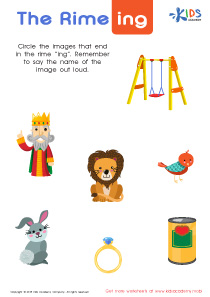Cognitive Development Kindergarten Building Vocabulary Worksheets
5 filtered results
-
From - To
Enhance your child's cognitive development with our engaging Kindergarten Building Vocabulary Worksheets! Designed specifically for young learners, these resources help improve language skills while promoting critical thinking and comprehension. Each worksheet features fun activities that encourage vocabulary expansion and provide opportunities for children to connect words with their meanings. With colorful illustrations and age-appropriate exercises, these worksheets make learning enjoyable and effective. Perfect for classroom use or at-home practice, our cognitive development worksheets support children in becoming confident communicators. Unlock the potential for growth and discovery in your child’s early education by exploring our comprehensive collection of vocabulary-building activities today!
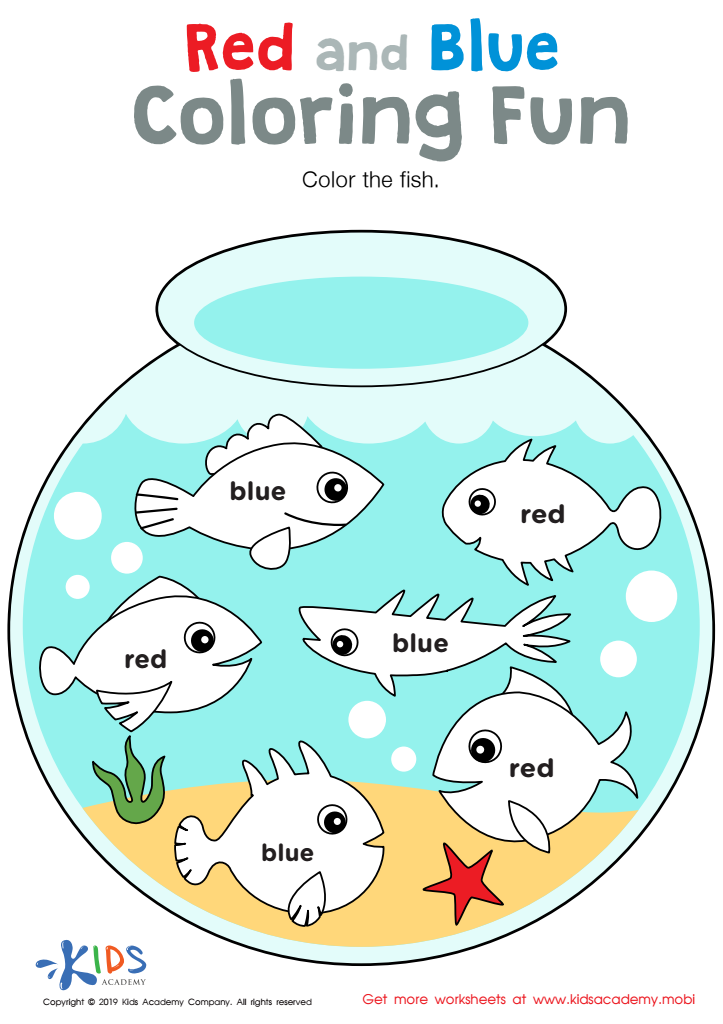

Red and Blue Coloring Fun Worksheet
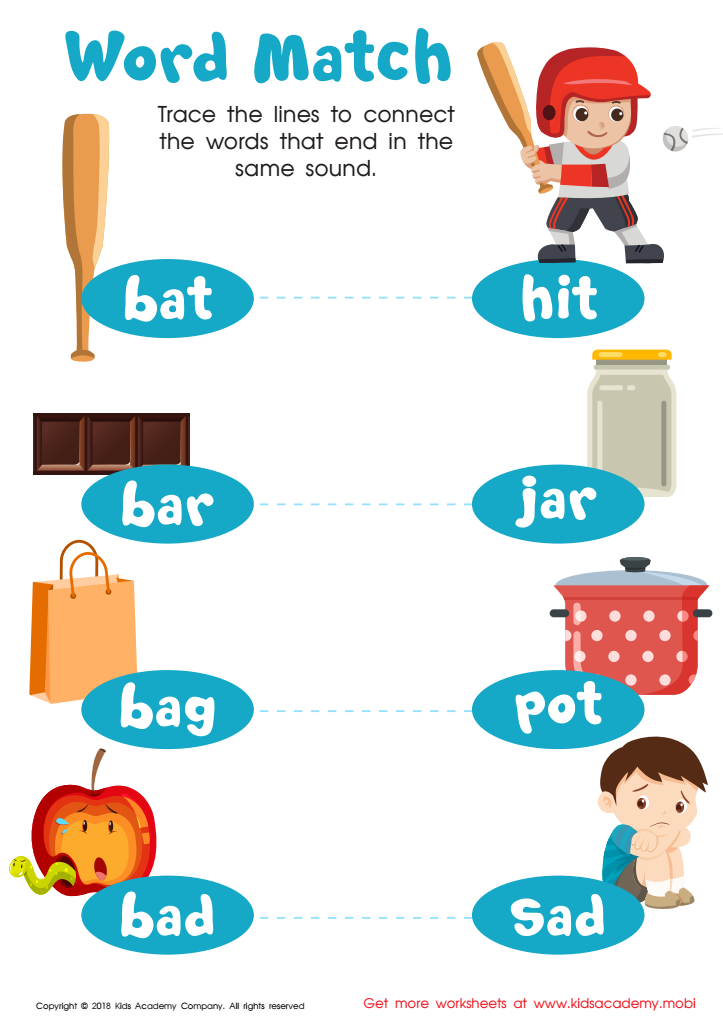

Word Match Reading Worksheet
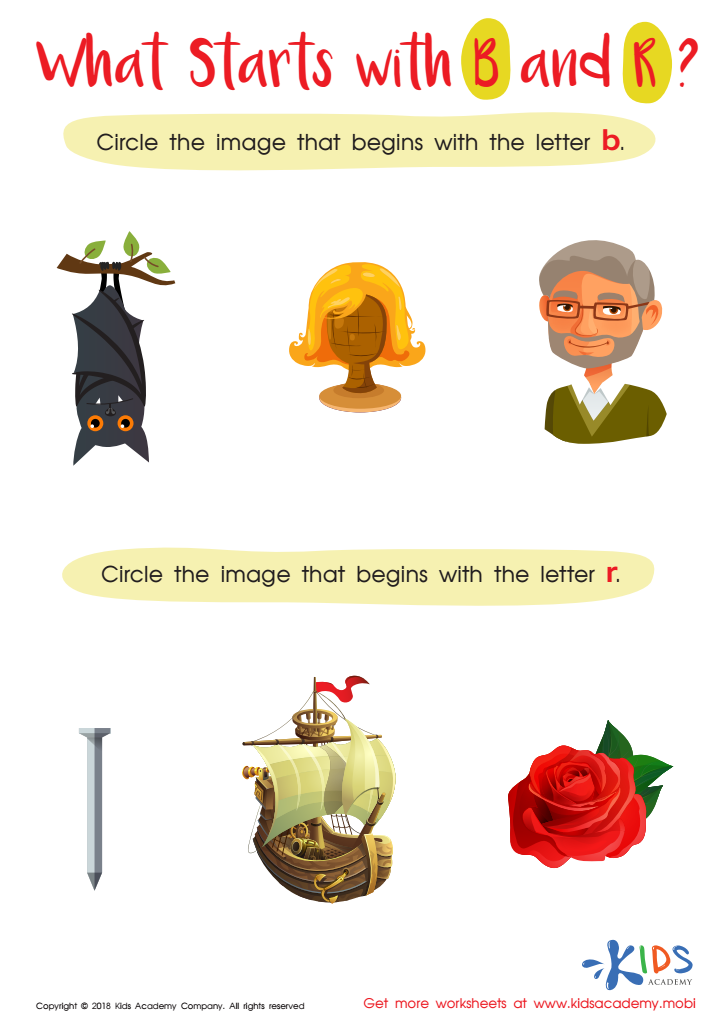

What Starts with B and R? Worksheet
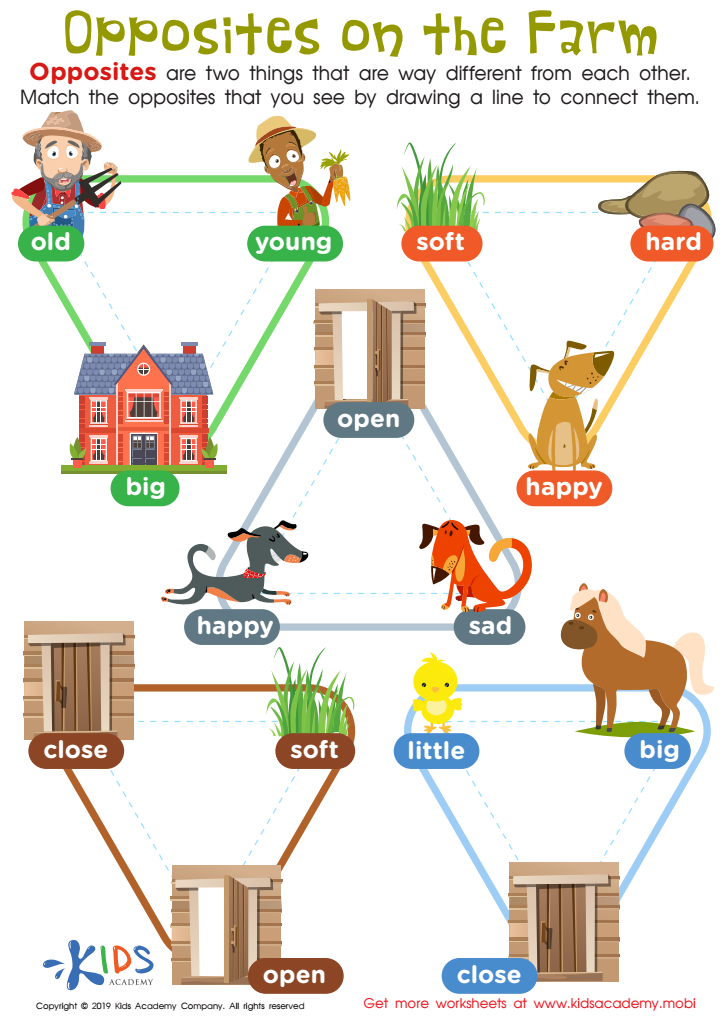

Opposites on the Farm Worksheet
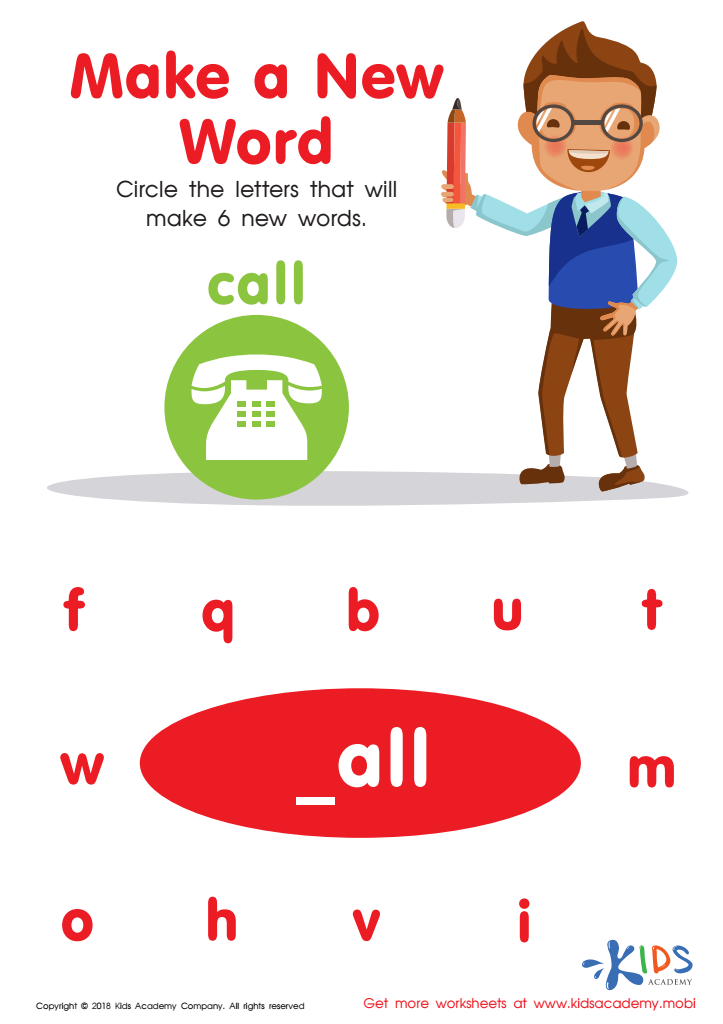

Make a New Word Worksheet
Cognitive development in early childhood, particularly during kindergarten, plays a crucial role in shaping a child's future learning and overall well-being. Building vocabulary at this stage is paramount because language skills form the foundation for communication, critical thinking, and academic success. When parents and teachers prioritize vocabulary development, they open pathways for more effective learning and social interaction.
A robust vocabulary enhances a child's ability to express thoughts and emotions clearly, facilitating better relationships with peers and adults. Engaging in rich verbal interactions helps children learn new concepts, making connections between words and the world around them. Additionally, a strong vocabulary allows children to comprehend stories and instructions greater, ultimately fostering a love for reading—a cornerstone of lifelong learning.
Furthermore, vocabulary development is linked to cognitive skills such as problem-solving and reasoning. Children with rich vocabularies are often more confident and enthusiastic about learning, leading to higher engagement in classroom activities. When parents and teachers work collaboratively to enrich vocabulary through conversations, storytelling, and interactive activities, they significantly equip children with the skills necessary for future academic and personal endeavors. Supporting cognitive development through vocabulary expansion is an investment in a child's holistic growth and future success.
 Assign to My Students
Assign to My Students
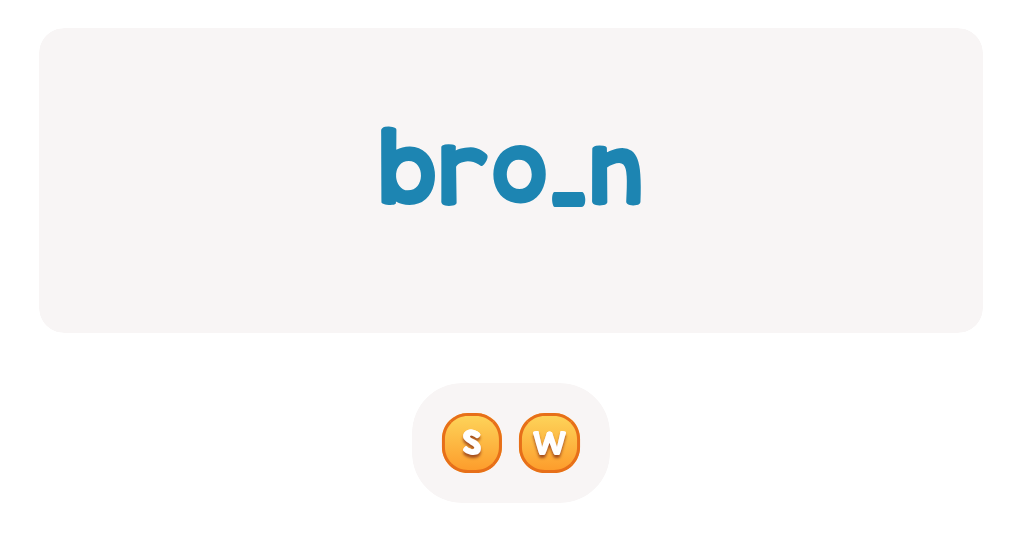
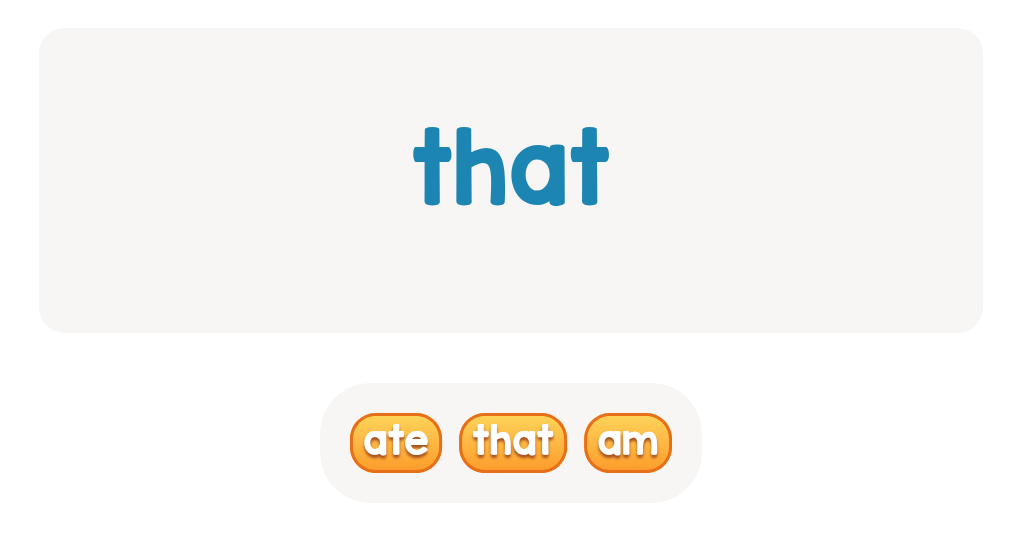
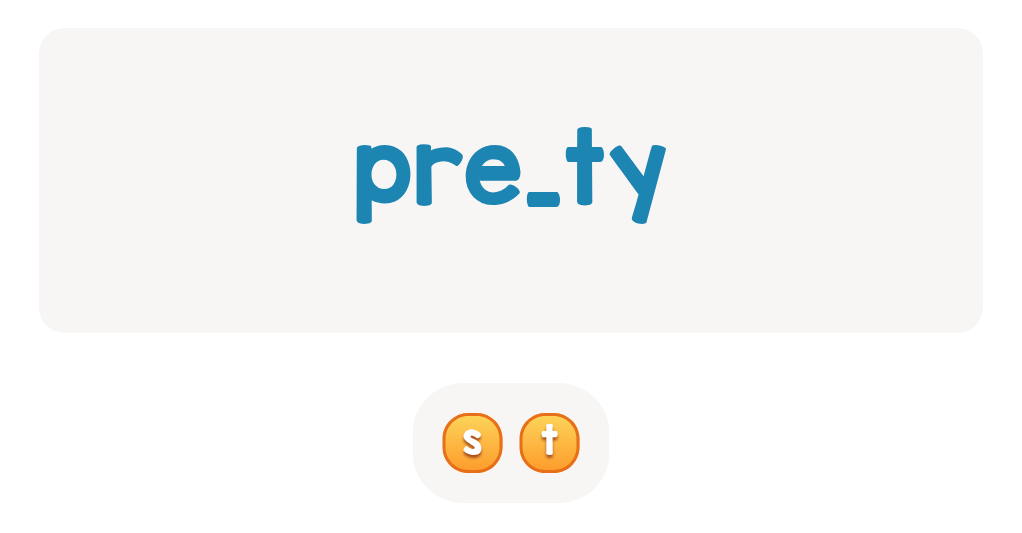
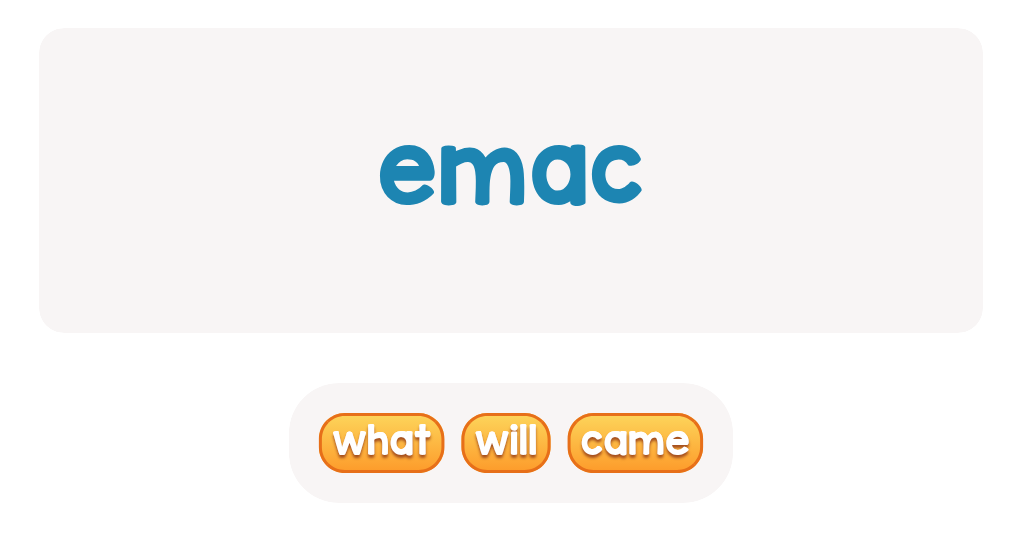
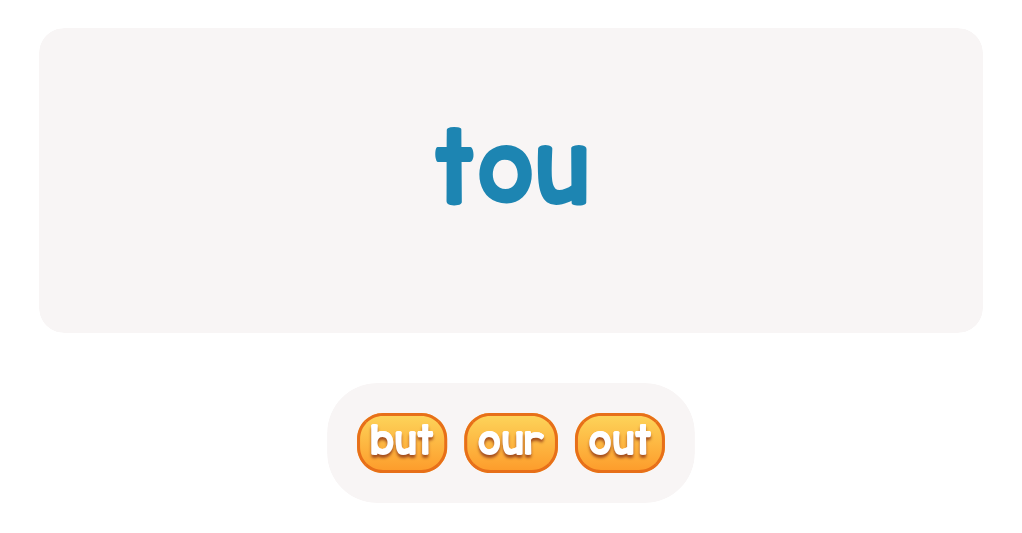
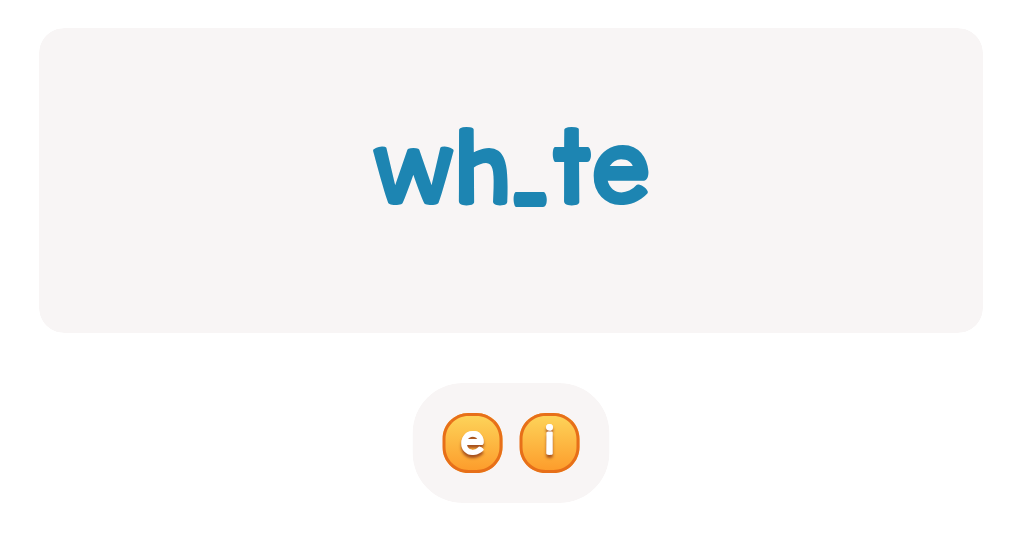
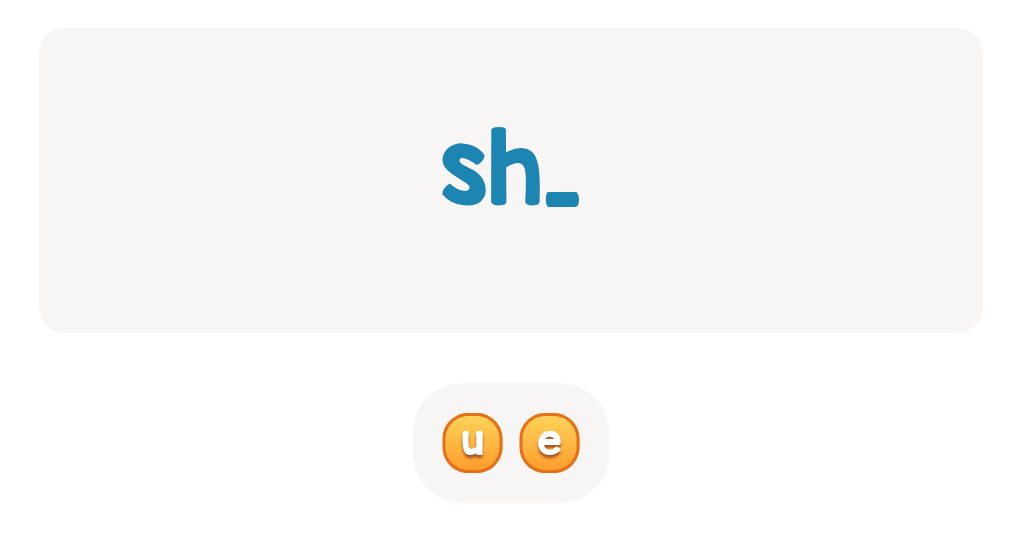
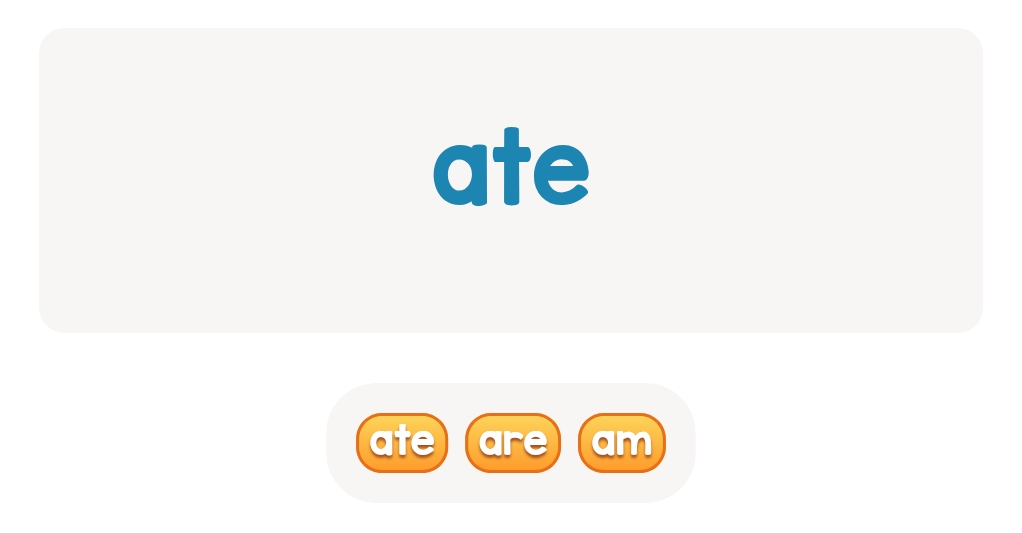
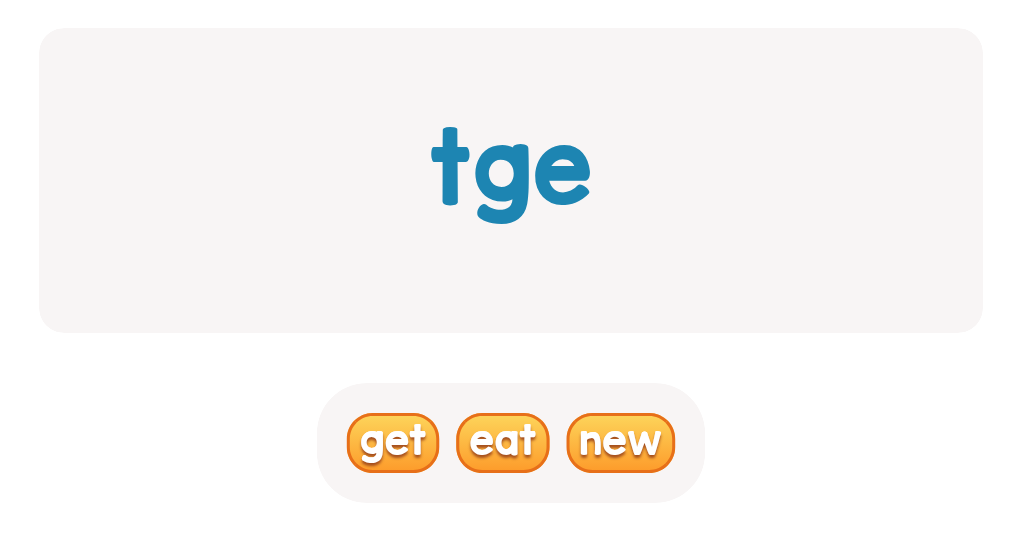
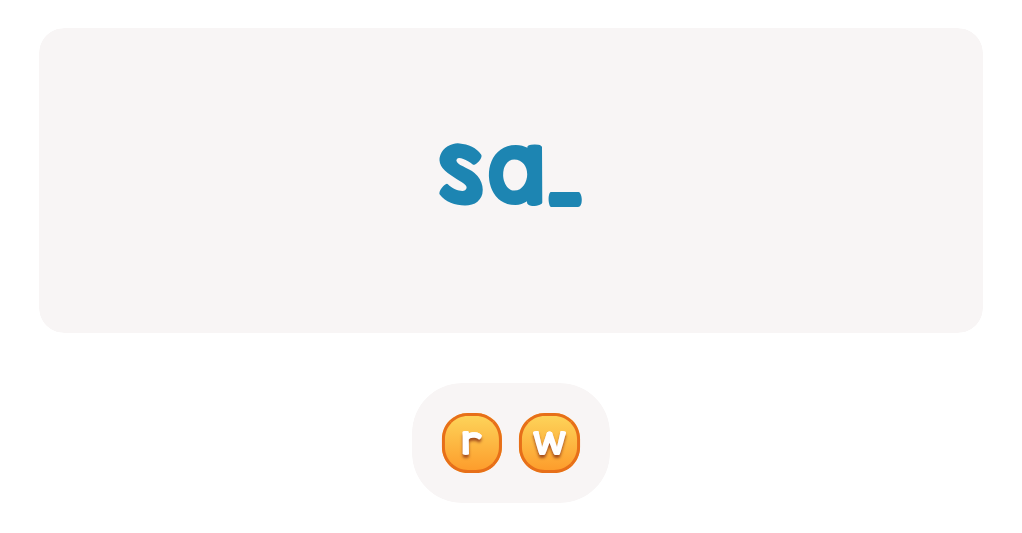







.jpg)




